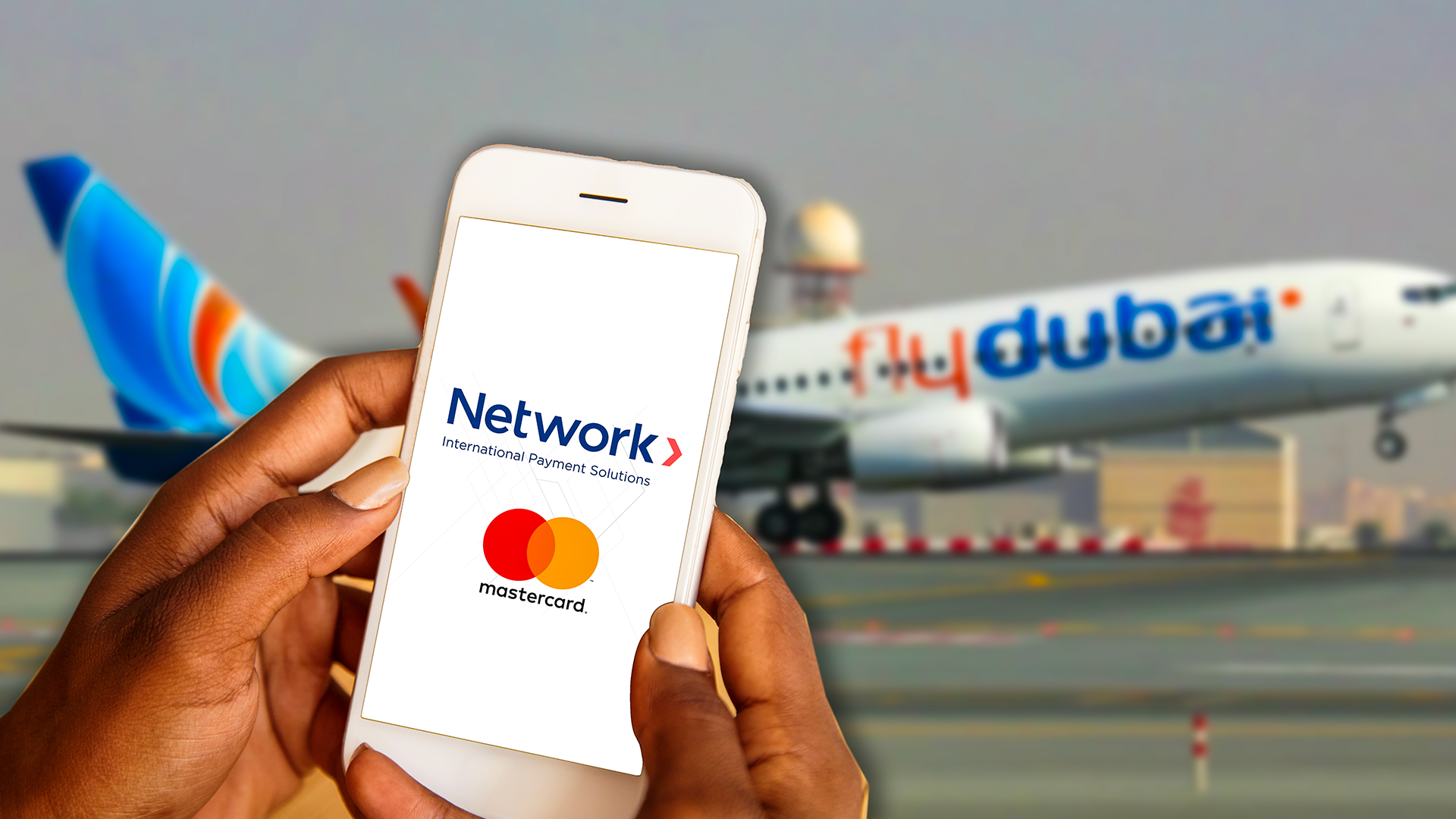Africa is home to nearly a half of all mobile money accounts and more than half of mobile money transactions by value. As adoption accelerates, businesses, governments, and industries are unlocking new opportunities for economic growth and seamless trade.
New Opportunities Come Knocking in Africa’s Innovative Digital Payments Space

A new partnership between flydubai and Network International, announced on March 25, will allow travellers in East Africa to pay for bookings and other airline-related services using a range of digital payment options, including mobile money transactions.
The announcement shows how Africa’s digital payments ecosystem is rapidly evolving beyond traditional retail and fintech, integrating into new sectors like aviation.
“With East Africa being a leader in mobile money adoption, integrating this payment option into an international airline underscores the power of strategic collaborations in advancing localised digital payments… We are bridging global travel with familiar, seamless payment solutions,” said Judy Waruiru, the regional managing director for Network International, in a statement.
Industry analysts view this move as part of a broader shift in Africa’s economy, where mobile payments are extending their reach beyond domestic and small-scale transactions.
John Kuria, a Kisumu-based agent with Wave Africa, a fintech company, explained that “until recently, digital payments were largely viewed through the lens of the broader economy rather than specific industries.
“Now, we are seeing sector-driven adoption, with aviation being a prime example. Nearly all airlines operating in Africa today offer a variety of digital payment options, reflecting a shift toward industry-specific financial solutions,” he said in a phone interview.
A 2025 Mastercard report projects that Africa’s digital payments sector will reach US$1.5 trillion by 2030, driven by increasing mobile penetration, regulatory support, and growing consumer adoption of cashless solutions.
A 2024 report by the Global System for Mobile Communications Association (GSMA) revealed that almost half of 1.75 billion registered accounts were in Africa, 45 billion out of 65 billion mobile transactions worldwide were made in Africa and that Africa accounted for over US$900 billion of the total global value of mobile money transactions (US$1.4 trillion).
According to the GSMA report, digital payments use cases are also expanding beyond basic transactions. While international remittances have emerged as one of the fastest-growing segments, merchant payments also rose by 14%, reaching nearly US$74 billion in 2023.
Digital payments are now key drivers of business expansion, investment and opportunity in the region, according to Kuria.
“What’s even more significant is that relatively new entrants like FlyDubai in Kenya are leveraging digital payment partnerships not just as a convenience for customers but as a strategic tool for market entry. This trend signals how digital payments are becoming a key enabler of business expansion in Africa,” Kuria added.
Kenya, Nigeria, and South Africa continue to lead digital payment adoption, according to GSMA. Kenya’s M-Pesa remains a dominant force, but other markets are catching up as fintech innovation spreads and consumer confidence in digital platforms strengthens.
Notably, Africa has been a key driver of mobile money’s success, home to some three-quarters of the world’s accounts. Over the past decade, West Africa has emerged as a key player, with the number of registered mobile money accounts doubling between 2013 and 2023, driven largely by growth in Nigeria, Ghana, and Senegal.
New regulatory frameworks are also shaping a more inclusive and secure payment ecosystem, enabling homegrown companies like Flutterwave to make significant inroads across the region.
The Nigerian fintech company Flutterwave is expanding its client base and service offerings, securing key regulatory approvals in multiple countries. This month, Flutterwave received a license to operate in Zambia, further extending its footprint in Southern Africa and enabling businesses in the country to leverage its payment solutions.
In Nigeria, Flutterwave has partnered with the Federal Inland Revenue Service (FIRS) to facilitate efficient tax payments, streamlining government revenue collection, reflecting the growing role of fintech in enhancing financial systems beyond traditional banking and commerce.
Similarly, in Ghana, Flutterwave has secured approval to offer remittance services, strengthening cross-border transactions and making it easier for individuals and businesses to send and receive money.
However, Africa’s digital payments growth is being driven by more than just convenience. Businesses are seeing the efficiency and cost benefits of going cashless, while governments are pushing for greater financial inclusion and transparency.
Beyond national legislation that supports digital payment adoption, regional blocs such as the East African Community (EAC) are implementing policies to further integrate digital finance.
The EAC, for instance, is developing a Payment Systems Masterplan aimed at harmonising legal, regulatory, and oversight frameworks to create a more seamless cross-border payment ecosystem.
Annette Ssemuwemba, the EAC Deputy Secretary General in charge of Customs, Trade, and Monetary Affairs, noted that the Masterplan includes establishing a mutual recognition framework for licensing Payment Service Providers (PSPs), developing a harmonized regulatory framework for intra-regional mobile money and e-wallet transactions, and introducing principles for currency acceptability and convertibility.
“The EAC Payment Systems Masterplan will be a turning point, making cross-border payments faster, safer, cheaper, and more transparent. This initiative is crucial for unlocking the region’s trade and financial potential,” she said in a statement on January 30.
McKinsey predicts Africa’s electronic payments market will grow by 152% between 2020 and 2025.






